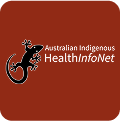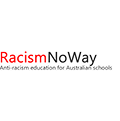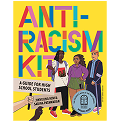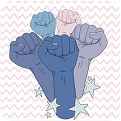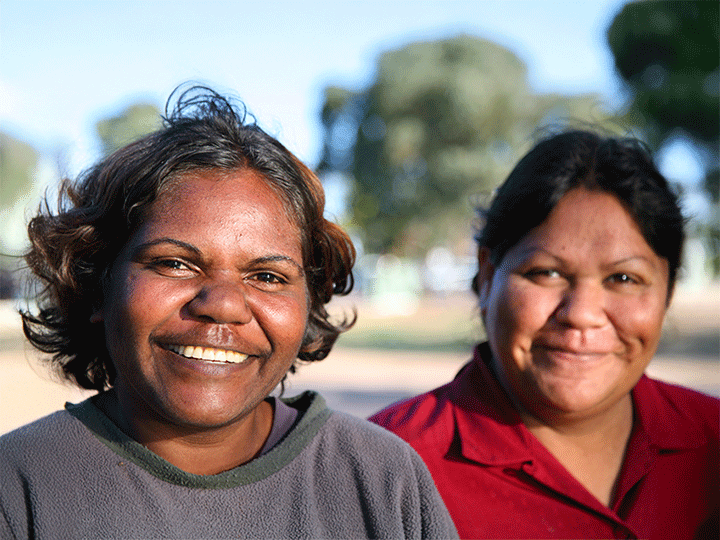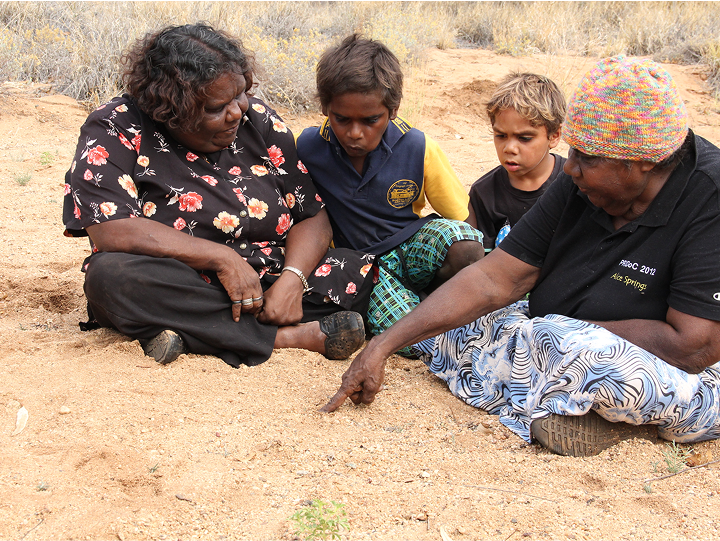Effects of racism on First Nations Peoples
How racism affects First Nations Peoples' mental health and how to stop discrimination at work, school, and home.
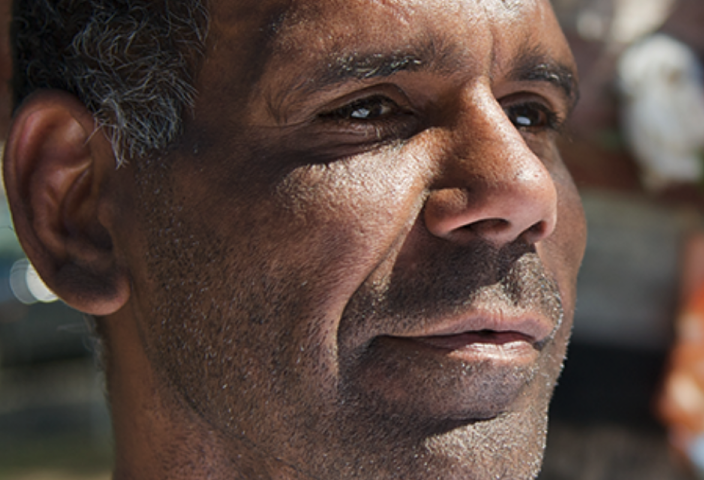

Imagine getting dozens of little messages from the strangers you pass by each day that make you feel like you don’t belong.
Being watched in a shop. Someone avoiding sitting next to you on the bus. Can you imagine not getting a job because of the way you look?
These moments can add up quickly and have a strong effect on the mental health of Aboriginal and Torres Strait Islander people in Australia.


No one should be made to feel crap just for being who they are.
On this page
What is racial discrimination?
Racial discrimination is when someone is treated unfairly or differently because of their race, where they were born, their ethnic background, or their skin colour.
It’s illegal in Australia to discriminate against someone for these reasons. But racial discrimination doesn’t always happen in an obvious way. And “casual” or subtle racism can be very harmful to someone's mental health.
Some examples of racism
Stereotyping: Judging someone's skills, interests, or actions just because they are First Nations. For example, thinking a First Nations person is naturally good at sports or lives a certain way.
Microaggressions: These are everyday comments or actions that can be hurtful. For example, asking a First Nations person, "Where are you really from?" or being surprised by their education or job skills.
Tokenism: Including a First Nations person in a group or event just to look diverse without really appreciating their ideas or presence.
Cultural appropriation: Using parts of First Nations Peoples' cultures (like art, symbols, or traditions) in the wrong way or without permission, often to make money.
Exclusion: Subtly excluding First Nations Peoples from conversations, decision-making processes, or social events.
Racism can also be systemic, which means it’s a part of big systems like healthcare, schools, jobs and the justice system. Because of this, First Nations Peoples in Australia have worse health, face more challenges in school, and their children are taken from their families more often than non-Indigenous children.
First Nations Peoples' cultures are rich in deep-rooted traditions, a harmonious connection with nature, and profound wisdom. Our whole society benefits from the strengths of First Nations Peoples' cultures and traditions, when we come together with respect.
Learn more about racism at the “Racism. It stops with me” website.
The first step to change is understanding.
When we open ourselves to learning, we become the change.

Beyond Blue Support Service
If you’re going through a hard time, the Beyond Blue Support Service is available 24/7 for brief counselling.
Call 1300 22 4636

13 Yarn
Connect with 13YARN (24/7) to talk with an Aboriginal or Torres Strait Islander Crisis Supporter.

WellMob

Lifeline
24/7 crisis support and suicide prevention services.
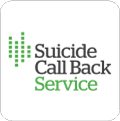
Suicide Call Back Service
Suicide Call Back Service is a free nationwide service providing 24/7 phone and online counselling to people affected by suicide.
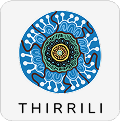
The Thirrili Postvention Suicide Support Service
Emotional and practical support for First Nations Peoples' families impacted by a loss from suicide or other fatal traumatic incident.
